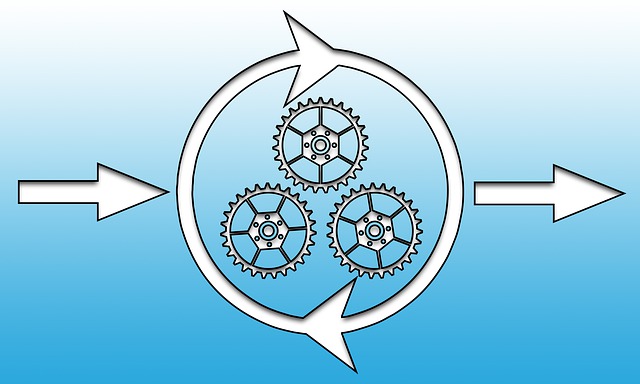Debt management consolidation loans combine multiple high-interest debts into one lower-interest loan, simplifying repayment, saving money on interest, and aiding credit rebuilding. Seniors benefit from manageable terms allowing focused financial planning and long-term stability. Lower rates enable quicker debt repayment and enhanced control, especially during economic downturns. Applying involves assessing current debts, comparing loan options, and adopting disciplined repayment strategies to regain financial control, repair credit scores, and stop collection calls.
Tired of juggling multiple debts with high-interest rates? It’s time to take control with debt management consolidation loans. This powerful tool can simplify your financial burden by combining your debts into a single, more manageable loan with a lower interest rate. In this article, we’ll explore the benefits of lowering your interest expenses and guide you through the application process for debt consolidation loans. We’ll also share effective strategies to repay your consolidated debt, helping you achieve financial freedom faster.
- Understanding Debt Consolidation Loans
- Benefits of Lower Interest Rates for Debt
- The Process: Applying for Debt Consolidation
- Effective Strategies to Repay Consolidated Debt
Understanding Debt Consolidation Loans

Debt management consolidation loans offer a strategic approach to repaying debts by combining multiple high-interest loans into a single loan with a lower interest rate. This simple debt management plan simplifies the repayment process, making it easier for borrowers to stay on track and save money in the long run. By consolidating debts, individuals can reduce the overall amount of interest paid, which is a significant financial burden often associated with multiple loans.
For seniors or anyone looking to improve their credit score after consolidation, maintaining timely payments is crucial. Debt consolidation for seniors can be particularly beneficial as it provides them with more manageable repayment terms, allowing them to focus on other aspects of financial planning while ensuring debt relief. Effective management of the consolidated loan can help borrowers rebuild their credit history and achieve long-term financial stability.
Benefits of Lower Interest Rates for Debt

Lower interest rates offer a significant advantage for individuals looking to manage and reduce their debt load. When you have a high-interest loan or credit card balance, a large portion of each payment goes towards the accrued interest rather than decreasing the principal amount owed. By consolidating your debts at a lower rate, you can free up a substantial amount of money each month, as more funds are allocated to paying down the actual debt. This simple shift allows for quicker debt repayment and effective management.
For those considering debt management consolidation loans, this strategy proves invaluable. It’s an effective debt reduction technique that enables individuals to take control of their financial situation. By rearranging terms and securing a lower interest rate, many find themselves getting out of debt faster and with less stress. This is particularly beneficial when navigating challenging economic times or unexpected financial setbacks, offering a clearer path towards financial stability.
The Process: Applying for Debt Consolidation

Applying for debt management consolidation is a strategic step towards financial freedom. The process begins with assessing your current debts and understanding the terms of each, including interest rates and repayment periods. This step is crucial as it allows for a comprehensive view of your financial situation. Once you’ve gathered this information, you can identify which debts to consolidate, considering factors like the interest rate and the potential savings.
Next, explore various debt consolidation loan options. These loans are designed to replace multiple high-interest debts with a single, lower-interest loan, simplifying your debt payments. Lenders offer different types of consolidation loans, each with its own terms and conditions. It’s beneficial to compare interest rates, repayment periods, and fees to find the best fit. A low-interest rate loan consolidation can significantly reduce the overall cost of your debts, making it a powerful tool in managing your finances.
Effective Strategies to Repay Consolidated Debt

Debt management consolidation loans can be a powerful tool to simplify your financial situation. Once you’ve consolidated your debts, it’s crucial to implement effective strategies for repayment. Start by creating a detailed budget that accounts for all your expenses and prioritises debt payments. This ensures every payment is put towards reducing your overall debt load.
Consider using the debt snowball method, where you focus on paying off smaller debts first before tackling larger ones. This approach can boost motivation as you see quick wins. Additionally, explore opportunities to increase income through side hustles or negotiate higher rates with creditors to free up funds for faster repayment. Remember, the goal is to gain control of your finances, fix credit score after consolidation, and stop collection calls now by consistently making timely payments.
Debt management through consolidation loans offers a strategic approach to overcoming financial obligations. By securing a lower interest rate, individuals can simplify their debt payments and regain control of their finances. This comprehensive guide has walked you through the process, from understanding consolidation loans to effective repayment strategies. Embracing these solutions paves the way for a more manageable and ultimately, debt-free future.
